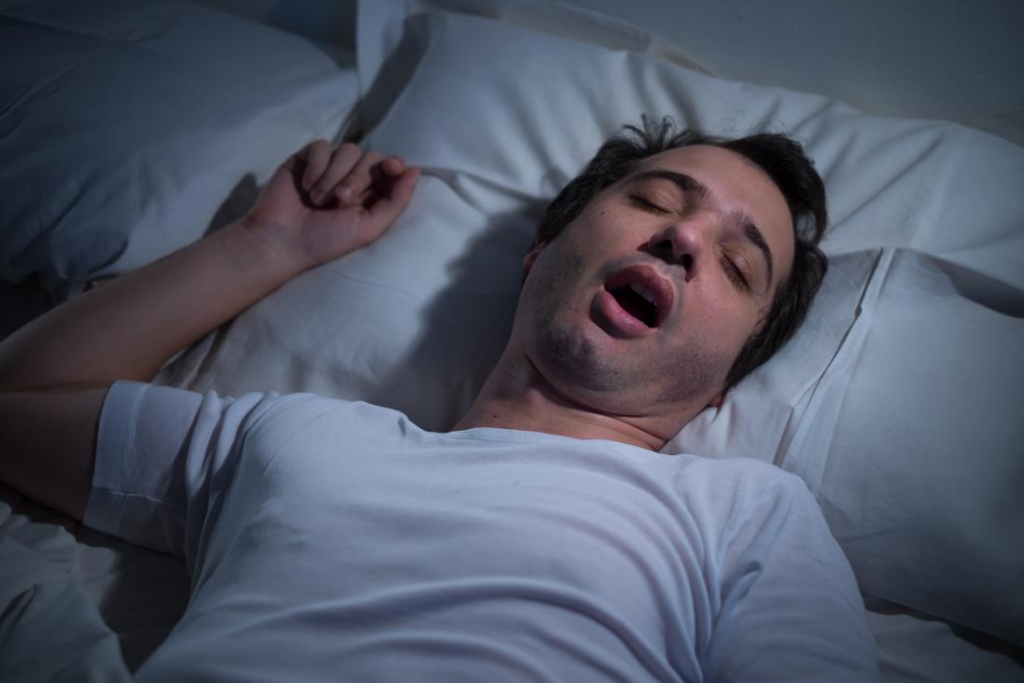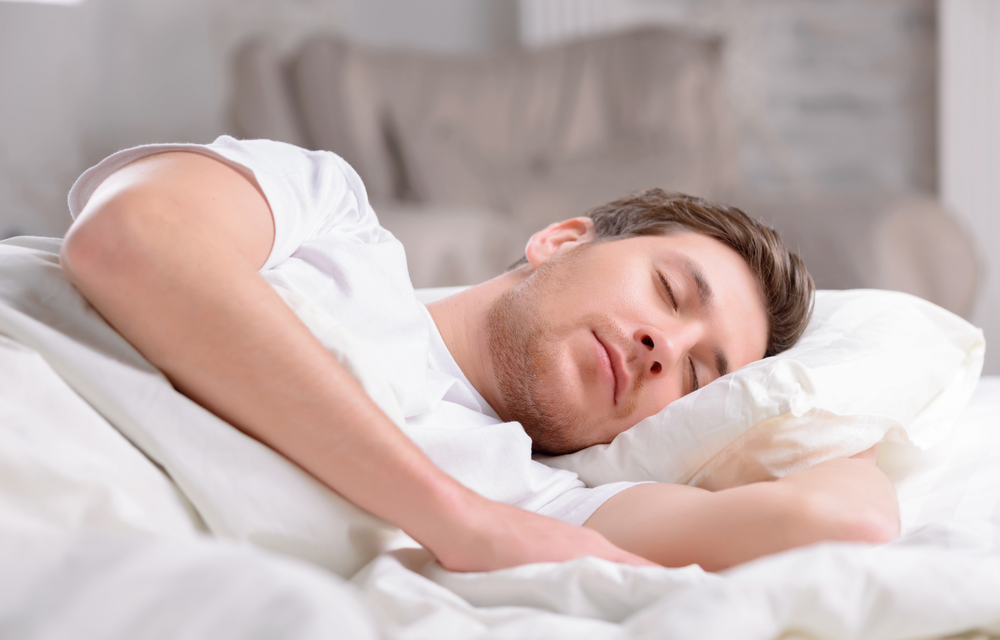As an older adult, you may experience trouble sleeping due to age-related sleep challenges. Some of these challenges are insomnia, less deep sleep, disturbed sleep, sleeping early among others that affect your sleep. Hence interrupting your emotional and physical health. Seven to nine hours a night for the elderly is good enough for a healthy elderly person. If you can meet this requirement and feel refreshed in the morning you will receive all the benefits that come with efficient sleep. Plus, prevent you from depression, memory issues, excessive daytime sleepiness that others may be dealing with. Here are some tips that help the elderly to sleep well and how solving some underlying sleep issues will help an elderly person sleep better each night.
Learn sleep changes as you age
Firstly, knowledge is power. The way your sleep while younger cannot be similar to when you are older and aged. Issues like insomnia are quite different when compared to the elderly and teenagers. At old age, there is less refreshing sleep as your body produces low levels of the growth hormone. Hence there is minimal production of melatonin and you often get fragmented sleep. These challenges appear naturally as you age and understanding them by getting to learn more of them helps you sleep well and not get worried that you are suffering from some sleep diseases. Therefore, at such an age it is important to nap once or twice during the day to keep up with these changes and get your body energized.
Get checked for underlying issues

To sleep well as an older adult, it is important that you visit your doctor who will check for any underlying problems. This is a crucial tip to consider for many sleep difficulties are as a result of other underlying causes that are easily treated. Some of these issues that are common among the elderly are when you are stressed, depressed, anxious or you could also have gone through a traumatic experience. Other issues could be caused by default as side effects of the medication you are taking. Plus, if you have poor sleep practices and an uncomfortable sleep environment it could also contribute as part of the underlying issues causing you not to sleep well. Some illnesses to be considered are Alzheimer’s, osteoporosis and others that could affect sleep.
Upgrade your sleep habits

Since sleep is important for everyone’s wellbeing. Sleep habits should be considered by everyone including the elderly. Depending on an elderlies sleep habit their sleep quality can be determined. Therefore, to improve your sleep check daytime habits, emotional issues and get a sleep doctor to help you know what changes can work for you to upgrade your sleep habits for your sleep wellness. Consider other ways that have worked for others such as having a quiet, cool and dark bedroom for most aged people are sensitive and such a room with a comfortable mattress world mattress on their bed to lay on is the most comfortable. Changing sleep habits is a challenge at this age group but when they interfere with your sleep it is worth it.
Distress mentally
The mental stress that builds up daily in most people not only the elderly disrupts your sleep. As an older adult, many techniques can be of help to reduce your mental stress. Although most people think the elderly do not have issues to deal with. They are still human with relevant thoughts and worries that crowd their minds causing them not to get sleep. Some of these practices help if they practiced at an earlier age. However, it does not hurt to try them. Some of the relaxation remedies that can help are like listening to your favorite music, get a massage from a caregiver or partner, have time with your grandchildren or pet if you have them around.
Check your diet

Diet is important whether it is for health or sleep purposes. The diet of an elderly person should be observed keenly according to what the doctors have prescribed or the healthier options that are available. If you are a fan of caffeine or alcohol in the evening the limits should be considered for despite the age they are a part of your diet that affects sleep. Additionally, check the liquid intake that you have before sleeping to prevent waking up often at night and disrupting your sleep. As much as diet is important sleeping hungry will affect your sleep more than having a poor diet. Therefore, ensure you snack on something if you had early dinner like a glass of warm milk as you prepare to sleep.
Have a sleep routine
The elderly too has sleep routines and most of them sleep earlier than most people. And this consistency, if you have one, should be followed through all days and it will help them age well. Hence, an elderly person with no sleep routine could attract many sleep-related issues that can be solved by having a regular bedtime routine that in turn helps to get better routine. As part of your sleep routine keep off any sleeping aids such as sleeping pills that could have side effects that interrupt your sleep and practice soothing bedtime routines like listening to calm music, deep breathing exercise among many others that are easy to incorporate into your system.
Finally, for an elderly person to sleep well there are different ways and it varies from one person to another. Other tips like exercising should not be avoided for fear that their bodies are weak. Especially for those that were active from a young age and were consistent, they must continue even though it is simple aerobics. Exercises like swimming among others is good to help you have a restful night. Nevertheless, consult with your doctor especially when you have mobility issues and you have consistent sleep challenges. Have a sleep doctor that you can frequently consult when you have trouble sleeping to ensure that you sleep well and age well too.











